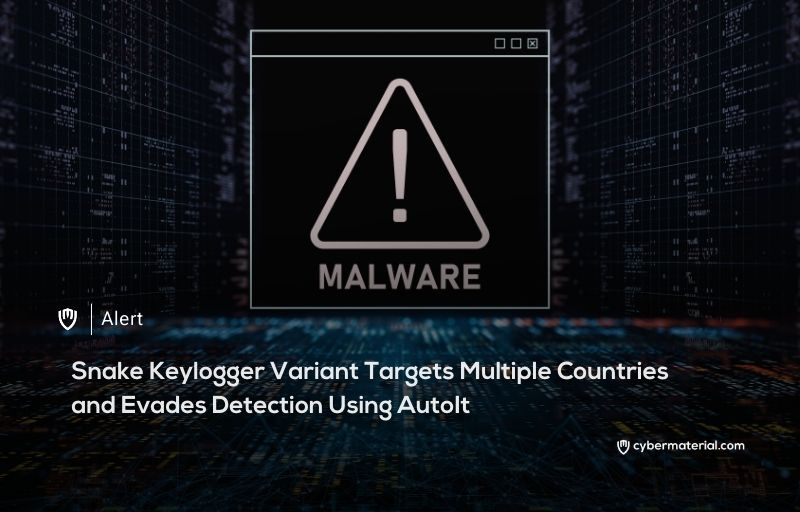
A new variant of the Snake Keylogger malware is actively targeting Windows users across multiple countries, including China, Turkey, Indonesia, Taiwan, and Spain. According to Fortinet’s FortiGuard L…

A new variant of the Snake Keylogger malware is actively targeting Windows users across multiple countries, including China, Turkey, Indonesia, Taiwan, and Spain. According to Fortinet’s FortiGuard L…